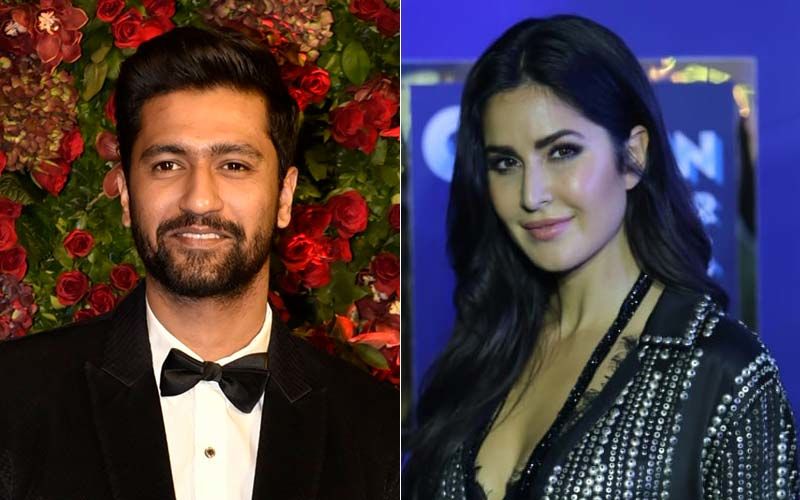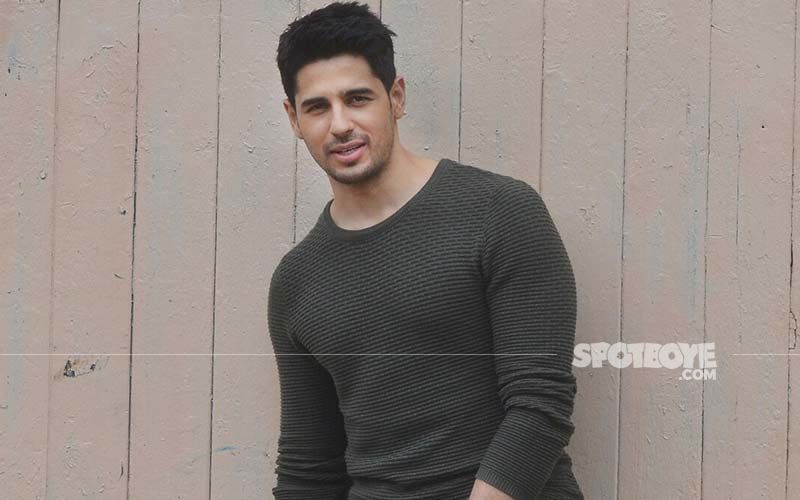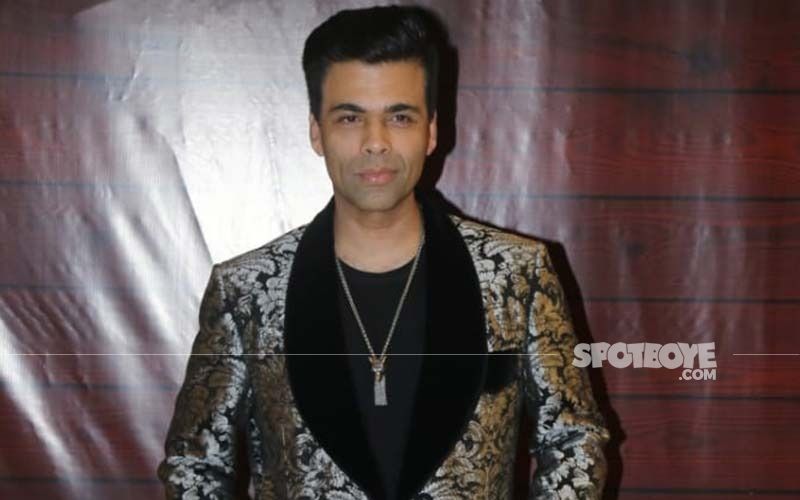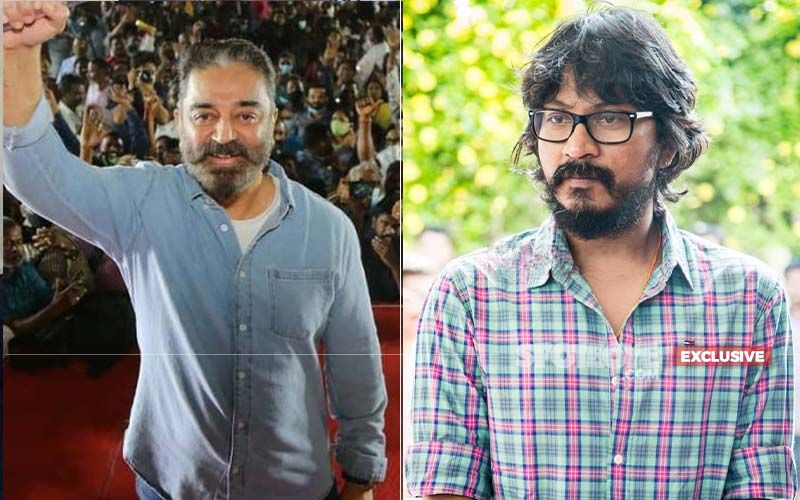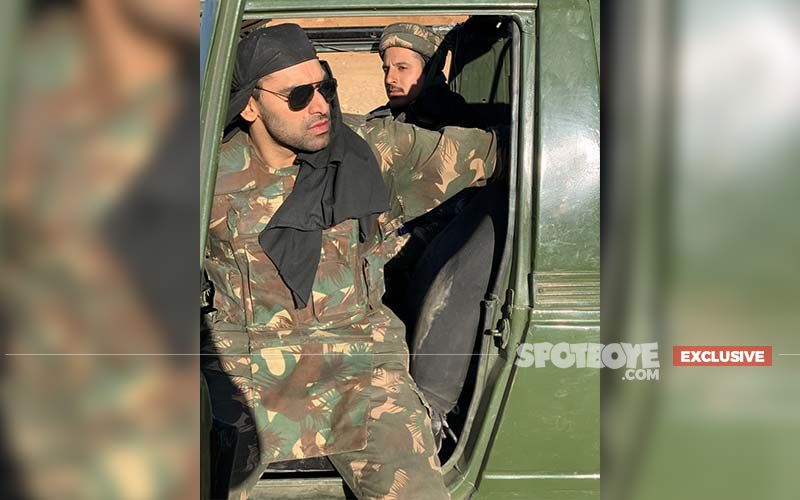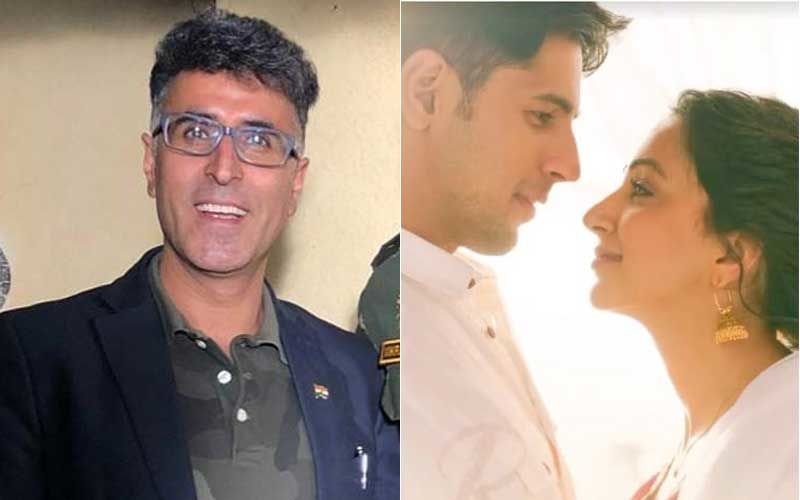Shershaah: What Sets This Sidharth Malhotra And Kiara Advani-Starrer Apart From Other Biopics And War Films
As Sidharth Malhotra and Kiara Advani’s Shershaah garners praise from all over the world, here’s a look at what sets the film apart from other biopics and war films
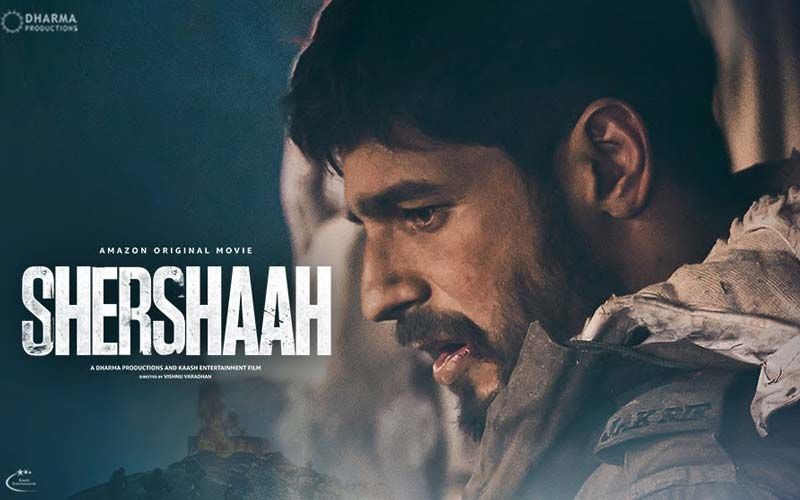
Being a Bollywood buff, which I think has been instrumental in leading me to the place that I am today, I have always had immense respect for the craft of filmmaking and all the effort that goes into it. Over the years, Bollywood has developed a set structure for biopics and war-dramas that is unconsciously or consciously hard to look over for makers while making their films. I believe in finding the silver lining in the darkest of clouds when it comes to cinema, but still, as an audience, some of these are too hard to ignore.
Sidharth Malhotra had been associated with the biopic of the Param Vir Chakra Awardee Captain Vikram Batra, for the last five years. The story of this 1999 Kargil War Hero was shown in a small part in the 2003 film LOC Kargil, where Abhishek Bachchan portrayed him, but Sidharth’s Shershaah brought to light the whole story of his life.
Even before the release, there were expectations from the film and especially from Sidharth. But when it finally arrived, it performed better than expected with everyone calling it Sidharth’s career-best performance. As an audience, just like almost all others, I was also left teary-eyed when the film ended and it was after a long time that a film had stayed with me long after I was done watching it. And what made it happen was the difference it pertained as compared to other biopics and war-films I have seen Bollywood make before.
- No hyper-nationalism
This might be a subjective issue but usually when it comes to war films or any film on a subject related to the country, our makers, especially the dialogue writers fill the entire screenplay with heavy dialogues boasting about the country. This is not to say in any way that it is wrong to be proud of your country, but maybe it is not as necessary also to establish that every five minutes into the film.
Usually when we watch any patriotic film, we see the hero or the heroine put it into words what their country means to them and how it affected their journey, after every few scenes, but in Shershaah, it wasn’t as such. Sidharth’s journey as Vikram was influenced by the love for his country along with the aura that an army man has, but he never went on to reiterate that. It was always implicitly understood.
- No demonisation of the opposition
This point is specific to war films. When we see any Hindi war film, either the opposition is demonised badly or shown as dumb and stupid people who are no match to the men from our country. As an ordinary Indian citizen, the feeling of demonising the other side is natural as we don’t know what is going on internally. But when it comes to the bigger and real picture, there are lots of things going on at once that interconnect and lead to a place where things go out of hand to a situation like war. Not everyone on both sides wants a war and neither does everyone on both sides want to avoid it. What’s commendable about Shershaah is that it didn’t focus on the intentions of the opposition but on what all happened in the practical scenario.
- No reliance on heavy dialogues
This is again a contentious topic as earlier Bollywood used to be known for it’s heavy and filmy dialogues. But slowly things changed, although there is still a section that enjoys it. Now, take the example of Uri, one of the greatest war films made in India. There, the soldiers made a point to repeat some heavy dialogues to the enemies like, ‘Ye Naya India hai, ye ghar mein ghusega bhi aur maarega bhi.’ In Shershaah, there was just one point where I feared it might happen, when Vikram goes to kill Haider, but thankfully, that ended with just one exchange.
Also, to note, in Uri, the ‘How’s the josh’ dialogue became a catchphrase, which was used throughout the film. Whereas, Vikram’s dialogue from real life, ‘Dil Maange More’, was used only twice in the film, that too where it had to be used. There was no intense music accompanying it to highlight it more or any inadvertent pauses to make it sound more meaningful. It appeared as a part of the conversation, and that made it feel more realistic.
- Not reducing the importance of a love interest
What happens in most of the war films is that the love interest of the army man is reduced to just a waiting or weeping spouse/partner, with almost zero to none importance given to their identity as a person beyond their partner. But in Shershaah, Dimple wasn’t as such. The credit here also goes on to the portrayal by Kiara, who never let Dimple be reduced to just Vikram’s love interest but established her as a girl who was in love with Vikram.
- No overdramatisation
When it comes to biopics or war films, there is a huge scope of making it overly dramatic, especially at key points in the protagonist’s life by either using slow motion shots, background commentary, intense music and all. But here in Shershaah, it wasn’t used randomly with a free hand. It wasn’t the effects put on them that made the scenes shine out, but how the actors carried it.
A special mention here goes to (SPOILER ALERT) the funeral scene of Vikram. The beauty of that scene was that it wasn’t made all about Dimple’s pain, and even the way it was shown was so natural. She was broken, in pain and sad, but Kiara showed it in a way that made it more relatable than loud.
- Focus on war strategies
We rarely see our soldiers talk about the what and how about their strategies, the reasons behind it as well as their implications and execution in our war films. Usually at least one of those is missing, but in Shershaah, director Vishnuvaradhan and writer Sandeep Srivastava took the onus on them to do justice to that part by not just playing with the emotions behind the war but also the practicality that goes around during that time.
There are a million more things I can count that made this film one of the best films to come out of Bollywood this year, or even a long time, which include Sidharth and Kiara’s acting, the supporting cast, the music, the direction, the cinematography, and the list goes on. But one thing is for sure, this film will go down in the history of Hindi cinema as one of the greats.
Image source: Youtube/DharmaProduction, Instagram/kiaraaliaadvani
